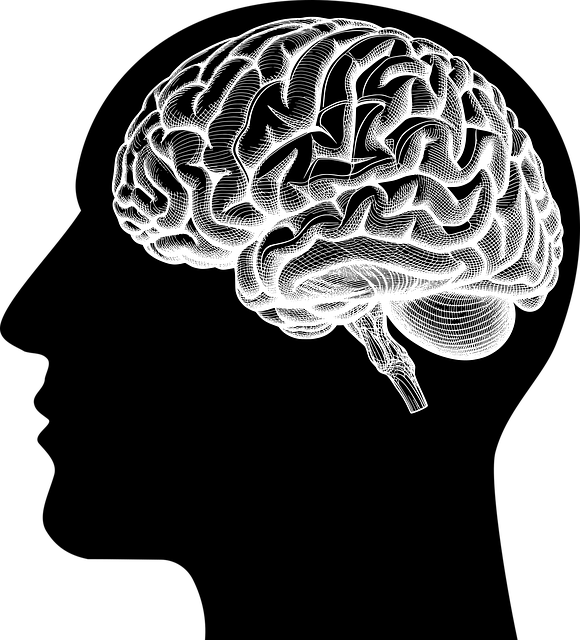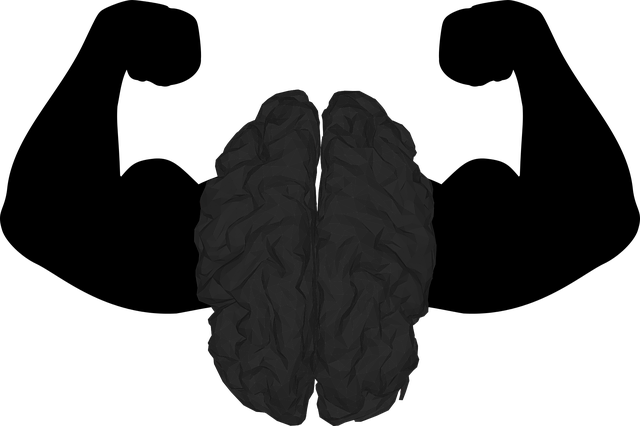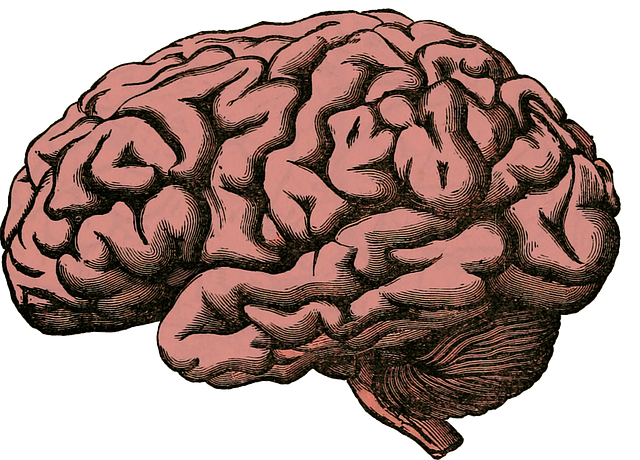Mental health professionals at Westminster Independent Medical Evaluations Therapy (WIMEs) face intense emotional demands and trauma reassociation risks. To mitigate these challenges, they implement proactive risk management strategies focusing on crisis intervention guidance. WIMEs provide unbiased mental wellness insights, guiding personalized interventions like Mental Wellness Coaching and structured journaling. Integrating these evaluations enhances patient outcomes by fostering positive change and resilience. Tailored programs address client needs, reduce professional risks, and promote community support for holistic mental health care.
Mental health professionals (MHPs) face unique risks in their daily practice, from exposure to traumatic stories to potential self-harm. This article delves into the critical aspect of risk assessment for MHPs, exploring key areas such as understanding specific risks, the role of Westminster Independent Medical Evaluations in identifying vulnerabilities, and assessing risk factors within therapy settings. We also present effective strategies for mitigating hazards and best practices for safe and responsible practice in the therapeutic environment, emphasizing the importance of proactive risk management for MHP well-being and client safety.
- Understanding Mental Health Professional Risks
- Westminster Independent Medical Evaluations: A Key Role
- Assessing Risk Factors in Therapy Settings
- Strategies for Mitigating Potential Hazards
- Best Practices for Safe and Effective Practice
Understanding Mental Health Professional Risks

Mental health professionals, despite their noble mission to heal and support others, face unique challenges that can lead to significant risks. These risks encompass a wide range of factors, from intense emotional demands to potential trauma reassociation. In today’s complex healthcare landscape, especially within settings like Westminster Independent Medical Evaluations Therapy, professionals must navigate intricate ethical dilemmas and high-stress environments. The constant exposure to clients’ personal struggles, including severe mental illnesses, substance abuse, or traumatic experiences, can take a profound toll on their own well-being.
Risk Management Planning for Mental Health Professionals is crucial in mitigating these challenges. Crisis Intervention Guidance plays a pivotal role in equipping professionals with the skills needed to handle critical situations and support both clients and themselves during emotional healing processes. By adopting proactive measures, mental health professionals can create sustainable work environments that foster resilience, promote self-care, and ultimately enhance patient care outcomes.
Westminster Independent Medical Evaluations: A Key Role

Westminster Independent Medical Evaluations play a pivotal role in the therapy landscape, offering crucial insights and assessments that are essential for mental health professionals. These evaluations provide an independent perspective on a client’s mental wellness journey, which is particularly valuable when navigating complex cases or making critical decisions about treatment plans.
In today’s digital era, where mental health services are increasingly diverse, these independent assessments help to ensure the effectiveness and appropriateness of care. They can guide therapists in tailoring personalized programs, such as Mental Wellness Coaching or structured journaling exercises, to support clients in managing their moods and enhancing overall mental wellness. By incorporating guidance from these evaluations, professionals can create a supportive environment that fosters positive change and promotes effective treatment outcomes.
Assessing Risk Factors in Therapy Settings

In therapy settings, assessing risk factors is a critical component of comprehensive mental health care. Westminster Independent Medical Evaluations (WIME) play a pivotal role in this process by providing expert analyses that go beyond surface-level assessments. They delve into intricate aspects such as historical trauma, current stressors, and individual resilience, enabling therapists to tailor interventions for optimal patient outcomes. By integrating WIME evaluations, professionals can identify potential risks related to self-esteem improvement and the development of a robust self-care routine—essential elements for fostering better mental health.
Moreover, risk assessment in therapy settings extends beyond individual patients. A thorough analysis should also consider broader systemic issues that might impact client outcomes, including cultural competencies and the influence of societal mental health policies. This holistic approach encourages therapists to advocate for evidence-based practices and policy changes, such as those outlined in Mental Health Policy Analysis and Advocacy, ultimately enhancing the quality and accessibility of mental healthcare services.
Strategies for Mitigating Potential Hazards

Mental health professionals face unique challenges that require proactive strategies for hazard mitigation. One effective approach is incorporating comprehensive risk assessment tools tailored to the diverse needs of their clientele, which can be enhanced through Westminster Independent Medical Evaluations. These evaluations provide an opportunity to identify potential risks early on and develop individualized plans. By integrating this practice into therapy sessions, professionals can create safer environments.
Additionally, fostering a culture of emotional healing through Community Outreach Program Implementation can mitigate risks associated with social isolation. Mental Health Education Programs Design tailored for both professionals and the wider community can further reduce hazards by promoting awareness and fostering supportive networks. These strategies collectively contribute to creating a robust framework that supports mental health professionals in their critical work while ensuring the well-being of those they serve.
Best Practices for Safe and Effective Practice

Mental health professionals play a critical role in facilitating healing and growth, but they are not immune to risks associated with their work. To ensure safe and effective practice, it’s essential to implement best practices that support both personal resilience and patient care. One such strategy is integrating comprehensive risk assessment tools tailored for the unique challenges of mental health therapy. These assessments help identify potential hazards like burnout, secondary trauma, and boundary issues early on, enabling professionals to take proactive measures.
At Westminster Independent Medical Evaluations Therapy, we recognize the significance of these practices in fostering a healthy work environment. Implementing social skills training programs and encouraging regular mental wellness journaling exercises can be transformative. Our Mental Wellness Podcast Series Production offers valuable resources for professionals seeking guidance on managing stress, cultivating self-care routines, and maintaining professional boundaries. By embracing these strategies, mental health practitioners can enhance their resilience, improve patient outcomes, and contribute to a more sustainable career journey.
Mental health professionals face unique challenges, requiring a comprehensive risk assessment approach. By understanding these risks and implementing best practices, including Westminster Independent Medical Evaluations as a crucial tool in therapy settings, practitioners can effectively mitigate potential hazards. This ensures the safety of both professionals and clients, fostering a culture of secure and successful practice.














